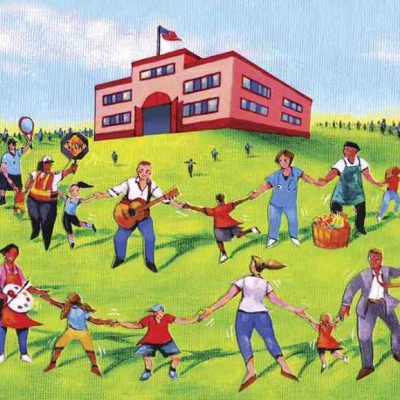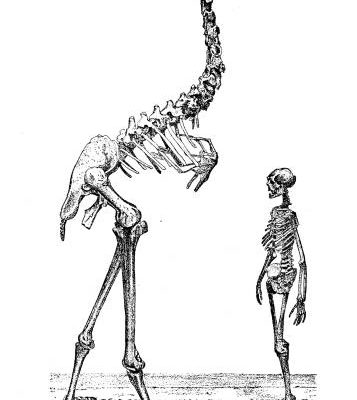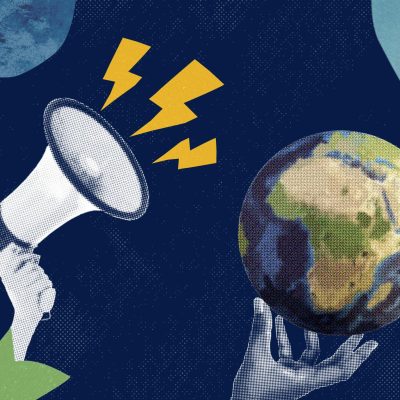Social media’s impact
Being on Facebook can be scary, but at the same time it can be helpful. A lot of people use social media to be informed of what is happening outside; people get informed watching the news and also seeing what other people post. Some people, however, use it to do bad things to others. People use social media to create fake accounts so they can start saying bad things about other people, and people also post compromising photos without the authorization of the other person. These reasons are why parents are often scared of their child being exposed to social media. Social media, even with its dangers, can also be helpful for children and young adults. It is important for parents to teach their children what is good and what is bad about social media so that they are prepared to make good decisions.
Many people use social media to communicate with their family and friends. For example, I live far away from my mother and some friends and I always want to be talking to them. I call my mom every day and we have a good time talking. I tell her everything that is currently happening in my life, and if I have a problem or need advice, she always helps me. Sometimes she tags me on posts. The same goes for my friends; I text them and we are always tagging each other on posts because I miss them and it is so difficult for me to be away from them. Some people use social media to express their feelings through the writing in their posts. It makes people feel better and is good for their mental health to express what they feel.
Social media can be helpful. You have to stop being pessimistic and see the positive side of things. It helps a lot of people that don’t have anyone in person that they trust in. Maybe they have somebody far away that they trust and can get help from, even when it’s something serious like feeling suicidal. I have friends that I have given advice to, and I have made them feel more optimistic about their lives. A lot of people post bad things on social media, but there are a lot of optimistic posts out there too that can positively change your life.
For example, in everything I post on my social media, I always try to be the most optimistic I can be because I know there are a lot of people that need this in their lives that don’t have anyone to advise them when they are going through a tough time.
Everything is in our hands. If we want to make social media a safe and trustworthy place, we have to start making changes. We can start by making sure everything we post on social media is going to impact people in ways that are not harmful or hurtful. Let’s try to post things that affect people positively and the changes are going to be noticed in helpful ways. In this way we can plant good seeds for the future safety and wellbeing of young people using social media.









